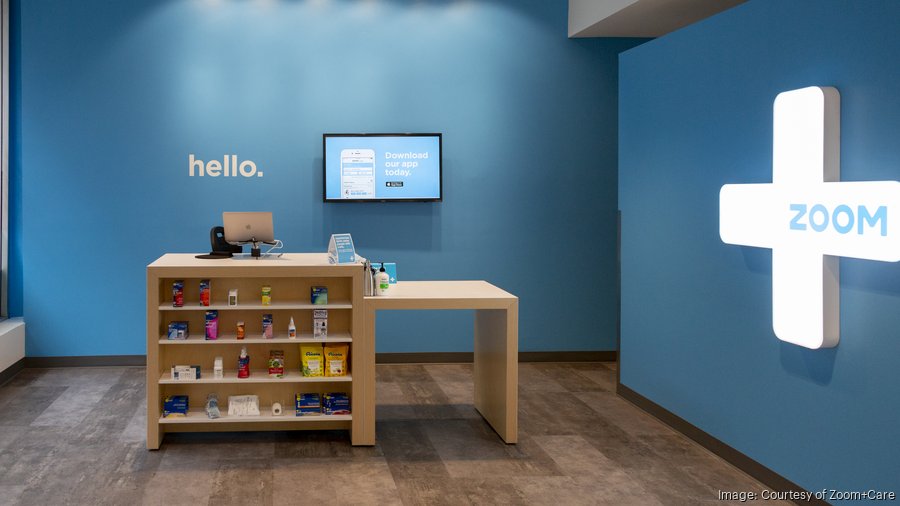Listen to this article 5 min
More than five years after PeaceHealth acquired ZoomCare, the clinic chain is preparing to do something it has never done before: accept Medicare.
“We’re at the point now where we believe we can take the model to a much broader audience, including Medicare,” said Dr. Mark Zeitzer, ZoomCare’s chief medical officer.
Previously, ZoomCare took only cash or private insurance, not government payers, including Medicaid or Medicare.
The change is made possible by ZoomCare’s upcoming switch from a home-grown, in-house electronic health records platform to one from Athenahealth, which provides EHR software for medical groups and health systems across the country, Zeitzer said.
The AthenaOne platform, which ZoomCare will launch in July, also handles billing and scheduling.
Zeizter said ZoomCare outgrew its own system years ago.

“We’ve been trying to play catchup and we realized we needed to make some leaps and bounds, and the only way was to bring on an EHR partner like Athena,” he said in a Thursday interview. “This is really representative of a seismic shift in ZoomCare.”
Founded in 2006, ZoomCare is known as a leader in online scheduling and efficient appointments. It started as an urgent care chain in the Portland area, then expanded to Seattle and grew to more than two dozen clinics and added a variety of specialty care.
PeaceHealth, a $2.6 billion Catholic health system, purchased ZoomCare from its founders, Drs. Dave Sanders and Albert DiPiero, in late 2018 and added more clinic locations, reaching 50 total today.
Zeitzer, who joined ZoomCare before the ownership change, said the goal was to preserve its service model, but take it to an older population covered by Medicare.
“Our patient population has been asking for this for years,” he said. “They’ve been bringing in their parents or aging into Medicare and been upset with us because we don’t take Medicare.”
ZoomCare’s old EHR system was not certified for Medicare, whereas Boston-based Athena is.
“Bringing that level of efficiency to a Medicare population is a big mountain to climb and we’ll continue to do it really well,” Zeitzer said.
The switch to Athenahealth will also enable ZoomCare to expand its primary care offerings, he said.
“It helps us monitor patients and make sure they’re getting the referrals and preventive health measures they need,” Zeitzer said. “We believe they need good quality primary care, so we’re moving into it in a big way.”
The platform switch will allow ZoomCare to pull and share health care data with other health care providers outside its system.
“Clinical partnerships are important, and patients want their health information visible across the spectrum,” he said. “There will be a lot fewer repeat questions. Pulling in data and sharing results of a colonoscopy will be seamless. We’re excited about getting outside our silo and making that a seamless experience.”
ZoomCare has 220 providers seeing 187,000 patients annually.
